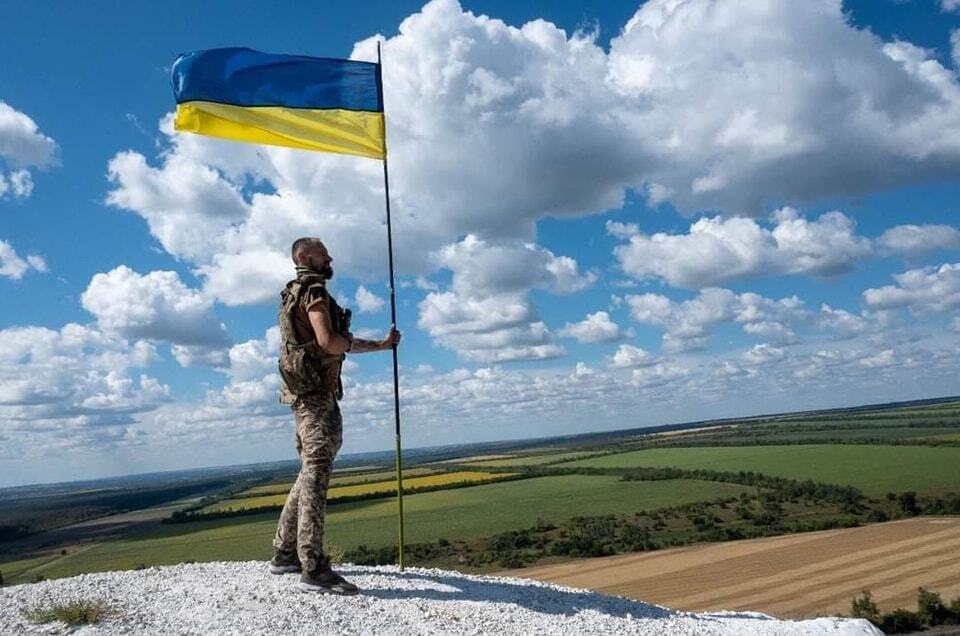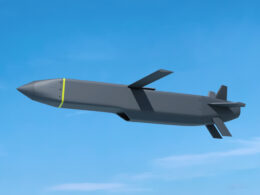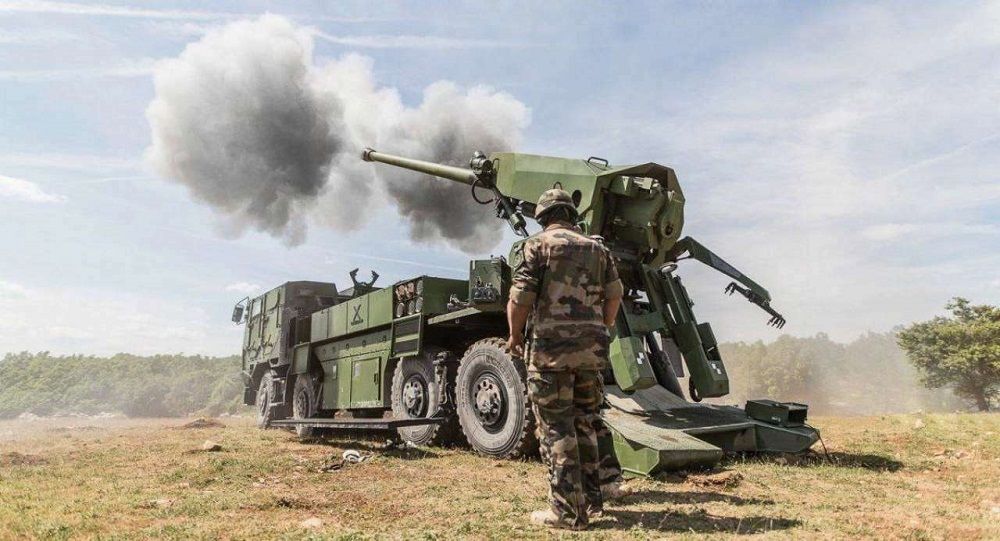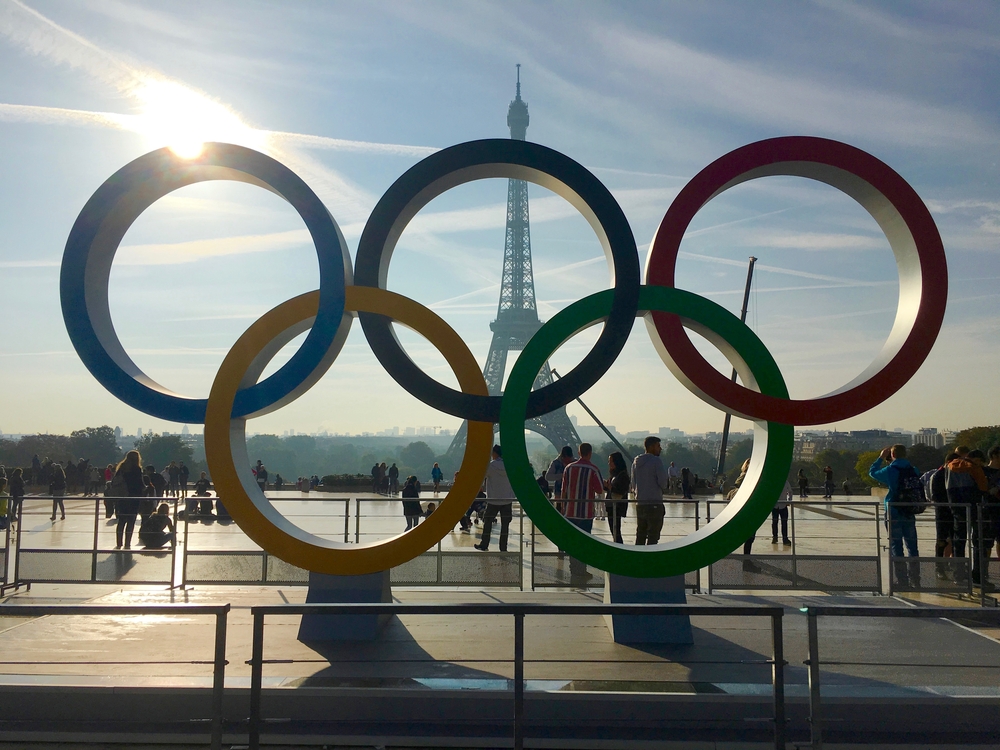European nations are discussing sending troops to Ukraine in the event of a ceasefire or peace deal, according to Reuters.
Following Trump’s election victory, discussions have emerged about potential peace talks between Ukraine and Russia, as Trump has expressed a desire to end the war swiftly. However, it remains uncertain how he will persuade Moscow to engage in negotiations. Reports suggest that Trump might consider a peace deal that compromises Ukraine’s territorial integrity, raising concerns among allies regarding future US support for Ukraine.
Major European countries, including France, Germany, Italy, Poland, and the UK, could form the backbone of force sent in Ukraine, sources told Reuters.
The talks, initiated by French President Emmanuel Macron, are at an early stage and are focused on the possibility of a European security mission in Ukraine. However, even now, they reveal divisions over the mission's objectives and timing.
If a peace deal is concluded, sending tens of thousands of soldiers to Ukrainian soil could become part of security guarantees for Kyiv. The deployment could be implemented as part of a NATO security guarantee or through bilateral assurances.
While some officials, such as Polish Prime Minister Donald Tusk, have rejected the idea, others, like German Defense Minister Boris Pistorius, have indicated that Germany might play a role in securing a ceasefire.
Estimates for the force size vary, with some analysts suggesting it could range from 40,000 to 100,000 troops, potentially stretching European military capabilities.
A European security official, speaking on condition of anonymity, also said nearly 100,000 troops could be needed.
According to Franz-Stefan Gady, an Austrian former military planner now at the International Institute for Strategic Studies, such a force could be formed if European nations cut back on other missions, such as Balkan peacekeeping.
In the 1990s, Europe, the US, and other allies deployed around 60,000 troops to Bosnia and 50,000 to Kosovo, but these missions are now significantly smaller.
The composition of any international force is also a point of debate, as its mix of nations and mandate must be acceptable to both sides. Italian Defence Minister Guido Crosetto suggested that the mission should be under the auspices of the UN. However, some officials argue that this could give Russia, a permanent UN Security Council member, too much influence.
Additionally, European nations would likely need to persuade the US to participate in some capacity, particularly in terms of intelligence and operational support, according to analysts. The rules of engagement remain another critical issue that has yet to be clarified, with concerns about the consequences if a European soldier were injured or killed.
Related:
- Reuters: NATO takes over coordination of military aid to Kyiv from US
- NBC News: Trump team in talks with Biden and Ukrainian officials about ending war with Russia
- Bloomberg: US considers new Russia oil sanctions to weaken Putin ahead of Trump presidency
- HuffPost: Pro-Ukrainian activists in US push for urgent aid to Ukraine before Trump takes office





